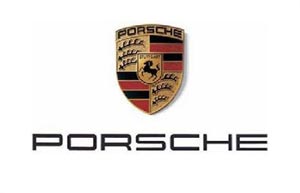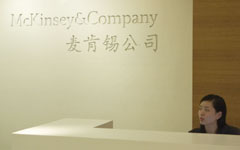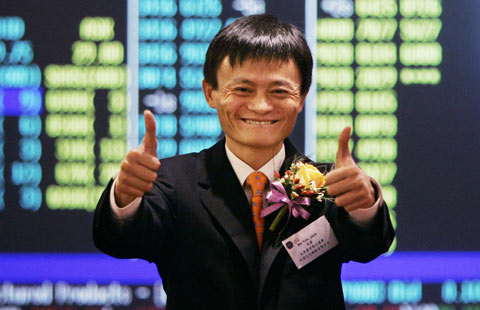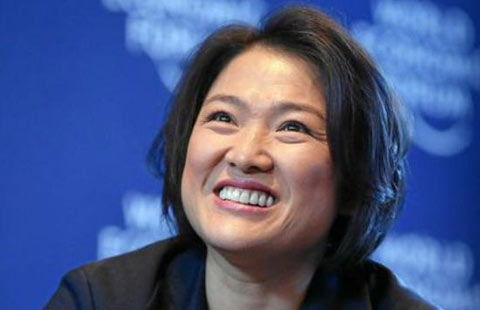Home advantage
(China Daily) Updated: 2014-06-09 08:16Like Tse, he has set up his own management consultancy, New Frontier Advisors, but although it is registered in Hong Kong and based in the Chinese capital, he doesn't claim that it is Chinese.
"I would say it is a sort of hybrid," he says. "I think there is a Western model of management consultancy and the problems that Western or Chinese companies face are basically the same. However, if the question is whether there is space for a management consultancy that is better attuned or aligned with the way Chinese management thinks and operates then I think the answer is absolutely yes."
Bouee at Roland Berger, who is also the author of China's Management Revolution: Spirit, Land and Energy, believes it is not something that is easy to achieve.
"Japan has been a major global economy for 40 years and no consulting firm has emerged from there in that time," he says."Management consulting is an invention of the West."
Heimowitz, however, believes Tse's aim to build a Chinese management consultancy of scale is possible, despite the Japan experience.
"Although the American management consultancies are dominant, I believe that will change. If you look at Chinese manufacturing, that has evolved and you are now looking at COMAC (Commercial Aircraft Corporation of China) building an airliner to take on Boeing and Airbus," he says.
"I don't see in the services area, given China's talent pool of MBAs, why they can't also produce a major management consultancy over time."
Tsai at CEIBS, however, believes there are market factors in China that will work against Chinese management consultancy firms becoming global players.
"I think the existing Chinese ones are pretty happy with the domestic market and it is going to get even bigger.
"They now have the third, fourth and fifth-tier cities coming up so they have enough to deal with. They don't have to go international."
He believes the existing Chinese firms remain outclassed by the major international firms.
"They just don't have the good database as firms like McKinsey, Bain or Strategy&.
The quality of data of a firm like McKinsey is actually second to none. Chinese firms are not in the habit of collecting good quality data. I have reviewed many reports and often the quality is really poor," he says.
Li at Accenture agrees that the international consultancies retain a strong position in the market place. "Our main competition remains the international players. We run into local players because the entry barriers to our industry are quite low and two smart people can form a company," he says.
"It takes years or decades to gain the experience and to achieve a certain scale. A company like ours has a global network and we can just tap into experts anywhere in the world in various fields whenever we need them."
|
 |
 |
| Porsche vies for consultancy market share in China | Tata Consultancy to expand 'significantly' |
- Innovation, services to drive future growth
- India's Tata Consultancy to triple investment in China
- Consultancy plans IPO in Switzerland
- Consultancy NERA opens Shanghai office
- Shenzhen Shihua Property Consultancy opens two outlets
- Bejing appoints communications consultancy
- Poll shows rise in CEO mobility
- Making capabilities count
- McKinsey opens 3rd Chinese mainland office
- Winning the 'last frontier'
- Only the fittest investment banks will survive: BCG
- HK's economy records 3.4% annual growth since return
- A healthy 'sapling' in competition with 'big trees'
- Small plane makers chase growth in China
- Qingdao probe may affect of commodity finance deals
- Huawei gets $600m order from Russian wireless firm
- Traditional trade fair embraces online platform
- Floats receive US momentum
- Developer from China making its mark Down Under



















